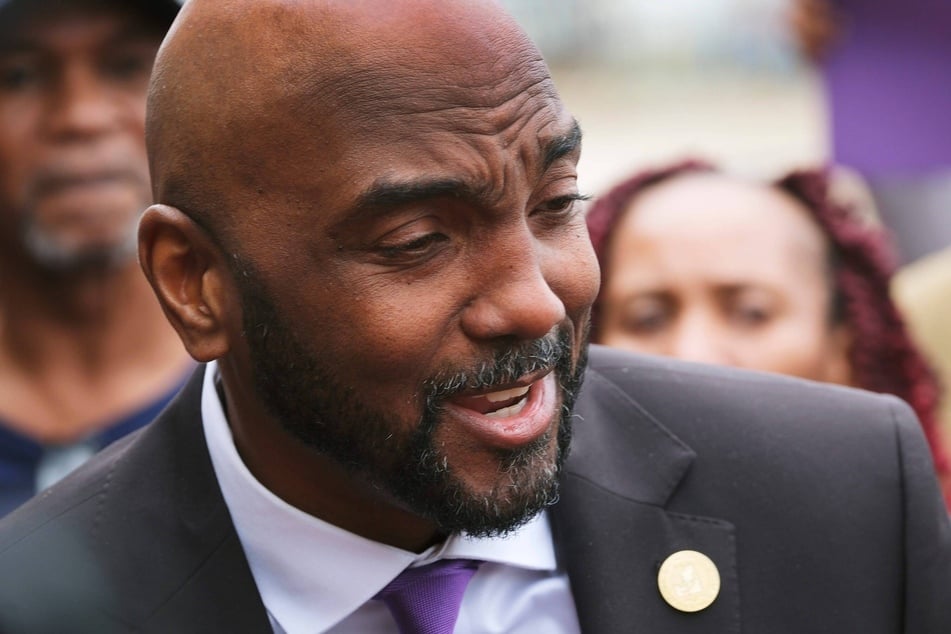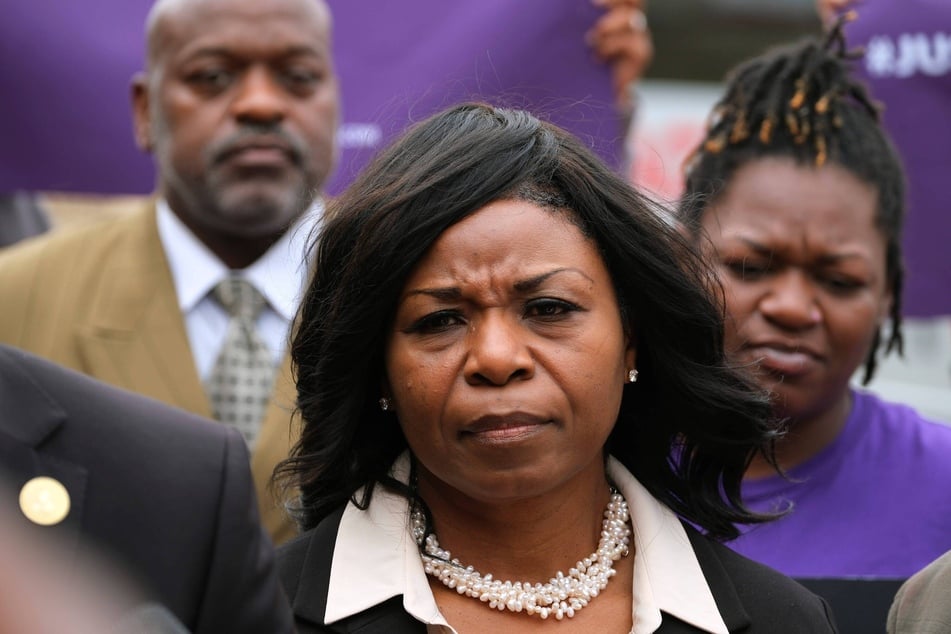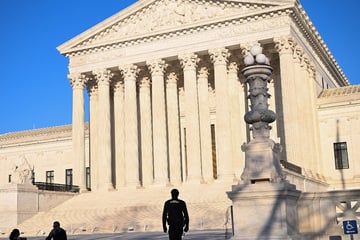Black Creek Freedmen respond to petition for rehearing in landmark citizenship case
Okmulgee, Oklahoma - Attorneys and plaintiffs have responded to the Muscogee (Creek) Nation Citizenship Board's petition for rehearing in their landmark legal case for Black Creek Freedmen.

"As a Muscogee (Creek), I honor our Nation's legal process and will timely respond to this petition on the merits – confident the Supreme Court's ruling will stand," said Justice For Greenwood founder and attorney Damario Solomon-Simmons.
Late last month, the Muscogee Nation Supreme Court issued a decision recognizing Black Creeks' rights to full citizenship.
The citizenship board is now challenging the ruling in a petition filed on Monday. In it, they argue, "Rehearing must be granted so this Court can clear its legal errors and restore the entire Constitution created by the People in 1979. The law requires that result and the People deserve it."
Muscogee Creek Freedmen were people of African descent who were either enslaved by members of the Muscogee Creek Nation, lived among the Creeks as free Blacks, or were listed on the Dawes Rolls as interracial Creeks.
The Creek Treaty of 1866 – agreed between the Muscogee Creek Nation and the US government – guaranteed that Freedmen and their descendants "shall have and enjoy all the rights of native citizens."
But those citizenship rights – and all the accompanying benefits – were suddenly stripped from Black people when the Muscogee Creek Nation adopted a new constitution in 1979 restricting citizenship to those listed as "Muscogee (Creek) Indians by blood" on the Dawes Rolls.
The Muscogee Nation Supreme Court in its 25-page ruling found "there have been no actions taken by the United States Congress to abrogate the Treaty of 1866 and that this treaty stands as the supreme law of the land under both federal and Mvskoke law."
"Further, the Treaty of 1866 requires that Creek Freedmen, and their descendants shall be granted 'all the rights and privileges of native citizens(.)' As such, it is contrary to law for the Appellant Board to deny any citizenship to any lineal descendant of the Creek Freedmen Dawes Roll."
Plaintiffs respond to petition for rehearing in citizenship case

In spite of the petition, plaintiffs remain determined in their ongoing fight for recognition and citizenship rights.
Rhonda Grayson said, "The Court has already affirmed our rights under the Treaty of 1866. We respect the process and will answer this filing, but we will not be turned back."
"I’m ready to receive my citizenship card and to help begin real reconciliation and healing for our families and the Muscogee (Creek) Nation," she added.
Muscogee Nation District Judge Denette Mouser in September 2023 ruled in favor of Grayson and fellow plaintiff Jeff Kennedy, who had sued the tribe's citizenship board for rejecting their belonging. Muscogee authorities quickly sought to appeal the decision and obtained a stay in the ruling.
The Supreme Court heard oral arguments in the case in June, before ultimately finding "any reference to 'by blood' citizenship in the 1979 Muscogee (Creek) Nation Constitution to be UNLAWFUL and VOID AB INITIO."
The court ordered the citizenship board to apply the Treaty of 1866 to Grayson and Kennedy's applications, as well as to any future applicants who can trace an ancestor to either the Creek By Blood Dawes Roll or the Creek Freedmen Dawes Roll.
"We carried generations into that courtroom, and the Supreme Court recognized our citizenship. We'll address this petition respectfully, but our focus is unity and on implementation," Kennedy said.
"I'm calling on leaders across the Nation to help end the fighting and build a future together – guided by the Treaty and our shared dignity."
Cover photo: Collage: IMAGO / Imagn Images

